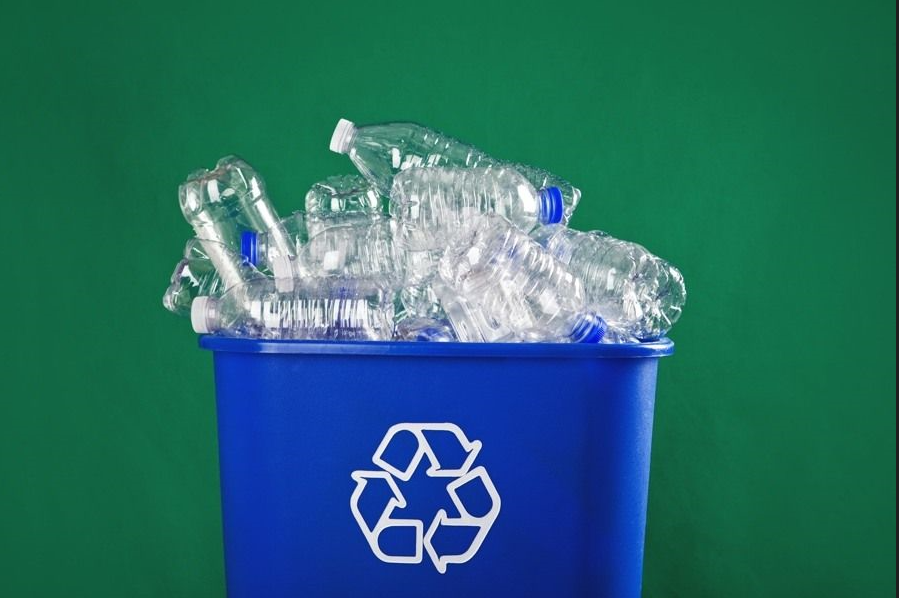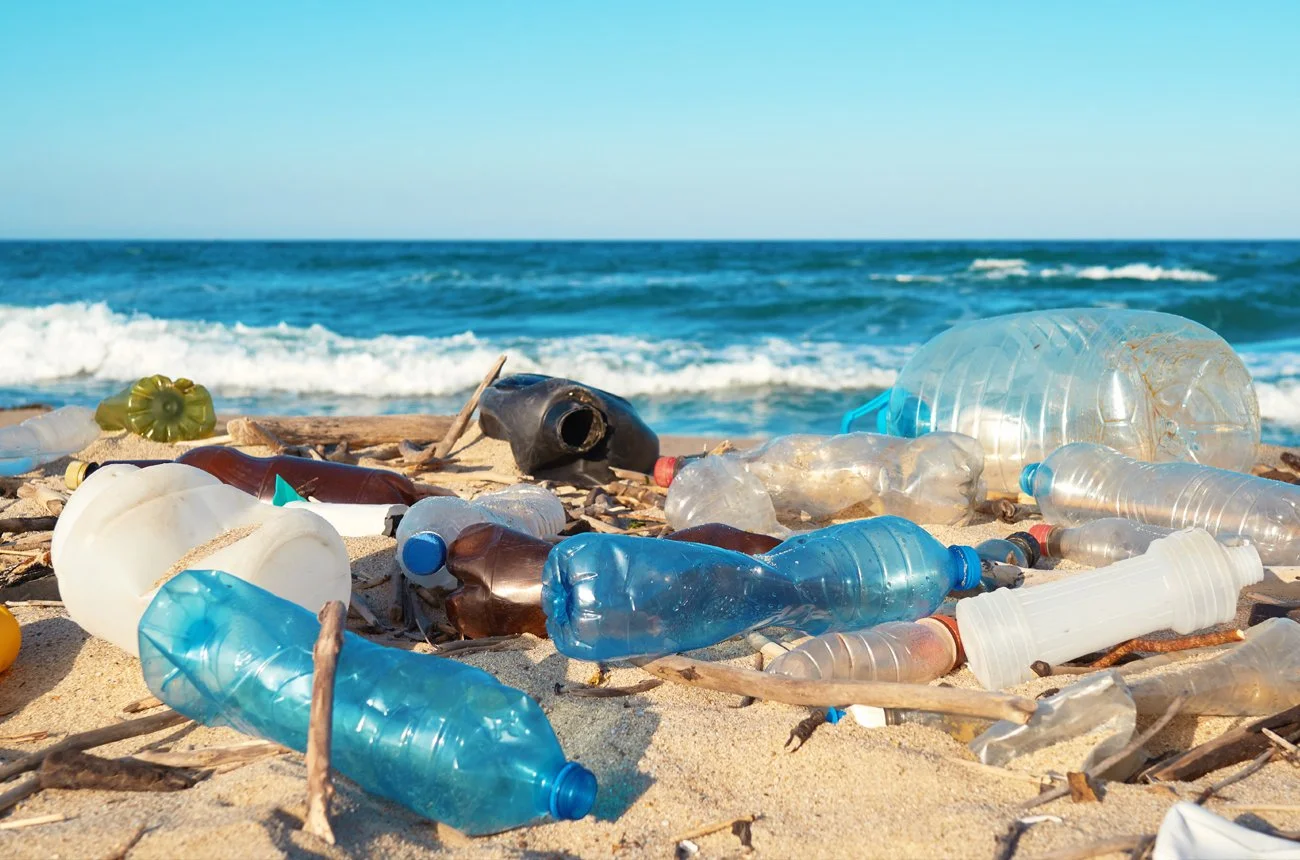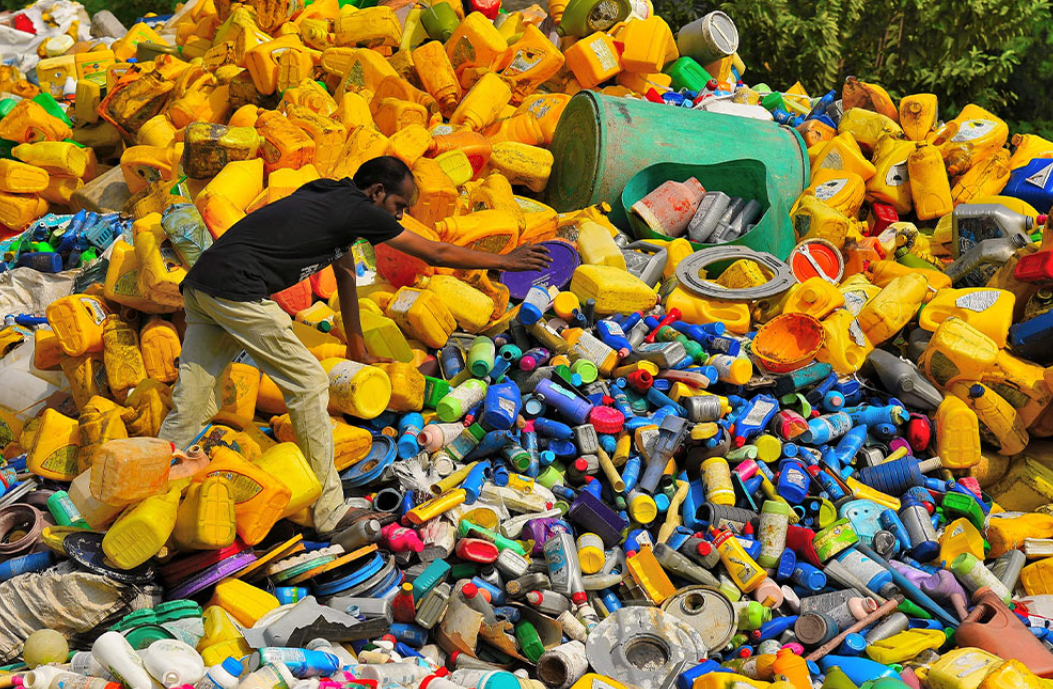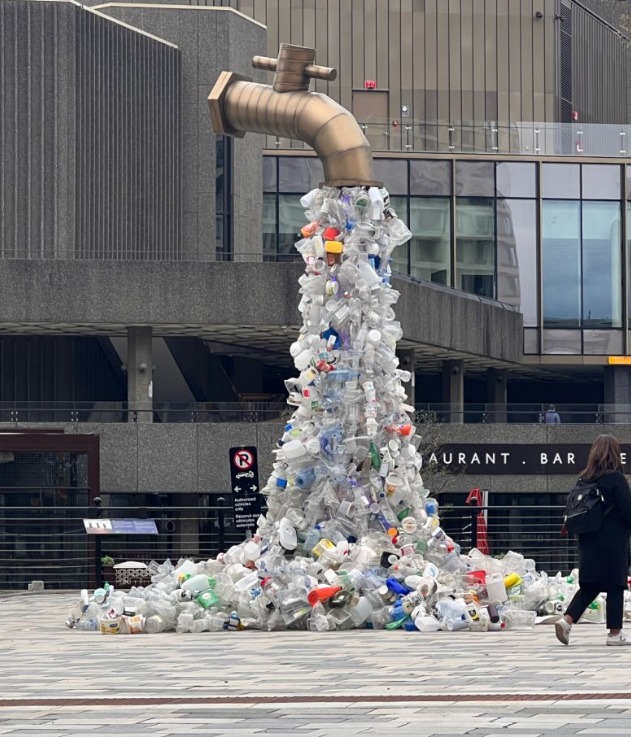Slow fashion is an umbrella term encompassing garments made from ethically sourced, organic, or recycled materials. These producers often use natural dyes, reducing pollution, and commit to fair labor practices, ensuring their workers are paid fair wages and operate in safe environments.
Read MoreWith fossil fuels a major source of plastic pollution, renewable energy could be the answer to bringing levels of plastic waste down and preventing carbon emissions. Involving renewable energy in recycling processes significantly lowers the carbon footprint associated with plastic waste management. It also provides economic advantages, creating new jobs and encouraging innovative technologies in the green energy sector.
Read MoreThe brands making the most progress towards their recycling goals are those that integrate sustainability into their core business strategies. Rather than treating it as a standalone initiative, they weave it into the fabric of their operations.
These companies are working closely with organisations that help plug into their existing supply chains, leveraging the principles of the circular economy to secure raw materials in a sustainable way. This approach goes beyond merely setting targets—it involves creating the infrastructure and partnerships essential to achieving those goals.
Read MoreExtended Producer Responsibility is a policy approach that extends a producer’s responsibility for a product to the post-consumer stage of its lifecycle. In simpler terms, it means that companies that manufacture, import, or sell plastic products are also responsible for collecting and recycling those products after consumers are done with them.
Read MoreThe path to a circular economy can be challenging. Though things are changing, companies can still face some big hurdles, but the payoff is enormous. Switching to circular models is costly, and companies often balk at the price tag of overhauling their production lines and supply chain. Plus, there's the headache of tracking materials from start to finish.
Read MoreLet’s talk about something a little more sustainable. We all love our fashion products, but it’s time to think about how they’re made and where they end up. In the ever-evolving fashion industry, packaging plays a crucial role in shaping a brand’s environmental and economic impact. For brands committed to sustainability, making informed, strategic decisions about packaging is not just a trend—it’s a necessity.
Read MoreThe Plastic Waste Management Framework underscores the need for a multifaceted approach to combat plastic waste. Countries must adopt contextually tailored strategies that consider their specific national circumstances, infrastructure capacities, and resources. The framework’s emphasis on integrating waste pickers, enforcing EPR, and utilising tools like DRS provides a roadmap for improving plastic waste management systems globally.
Read MorePlastic offset schemes offer a promising solution, allowing businesses to compensate for their plastic use by supporting initiatives that remove or prevent plastic waste. While offsetting shouldn't replace efforts to reduce plastic consumption, it can be a valuable part of a comprehensive sustainability strategy. Here are ten innovative approaches companies can consider in offsetting their plastics.
It all starts with you. When you place your plastic items in the recycling bin, you're setting off a chain of events. In India, however, the formal waste collection system often falls short. According to a 2021 report by the Centre for Science and Environment, only 60% of India's plastic waste is collected. The informal sector, including waste pickers, plays a crucial role, collecting up to 60% of plastic waste in some cities.
Read MoreA significant portion of India's plastic recycling workforce operates in the informal sector, comprising individuals from underprivileged backgrounds. Many are migrants from rural areas or belong to socioeconomically disadvantaged groups like Dalits, tribes, and religious minorities, driven by economic necessity to take on this hazardous work. Their precarious financial situation often forces them to prioritise immediate income over personal safety.
Read MorePlastic waste is a big part of the household trash problem, making up about 11% of everything we throw away. That’s a whopping 250 million tons of plastic waste from homes each year, with another 110 million tons coming from factories. We clearly need to find better ways to manage this waste. Plastic has been amazing for consumer goods and packaging, but it takes forever to break down and those tiny microplastics are showing up everywhere – not good news for the environment.
Read MoreGoing green can’t be a side hustle for fashion anymore. It needs to be at the very core of who they are and what they do. Achieving the goal of reducing environmental impact will require all retailers to think creatively and look for solutions across the value chain, including how products are displayed in stores.
Read MoreThe fourth session of the Intergovernmental Negotiating Committee (INC-4) to develop an international legally binding instrument on plastic pollution, including the marine environment, took place from 23rd to 29th April 2024 at the Shaw Center in Ottawa, Canada. Despite some progress made, the issue with the reduction of plastic production remained unaddressed with various environmental groups expressing their concern about it.
Read MoreThe world grapples with a growing plastic pollution crisis. Millions of tons of plastic end up in our oceans every year, harming marine life and ecosystems. To address this pressing issue, the United Nations Environment Programme (UNEP) established the Intergovernmental Negotiating Committee (INC).
Read More













